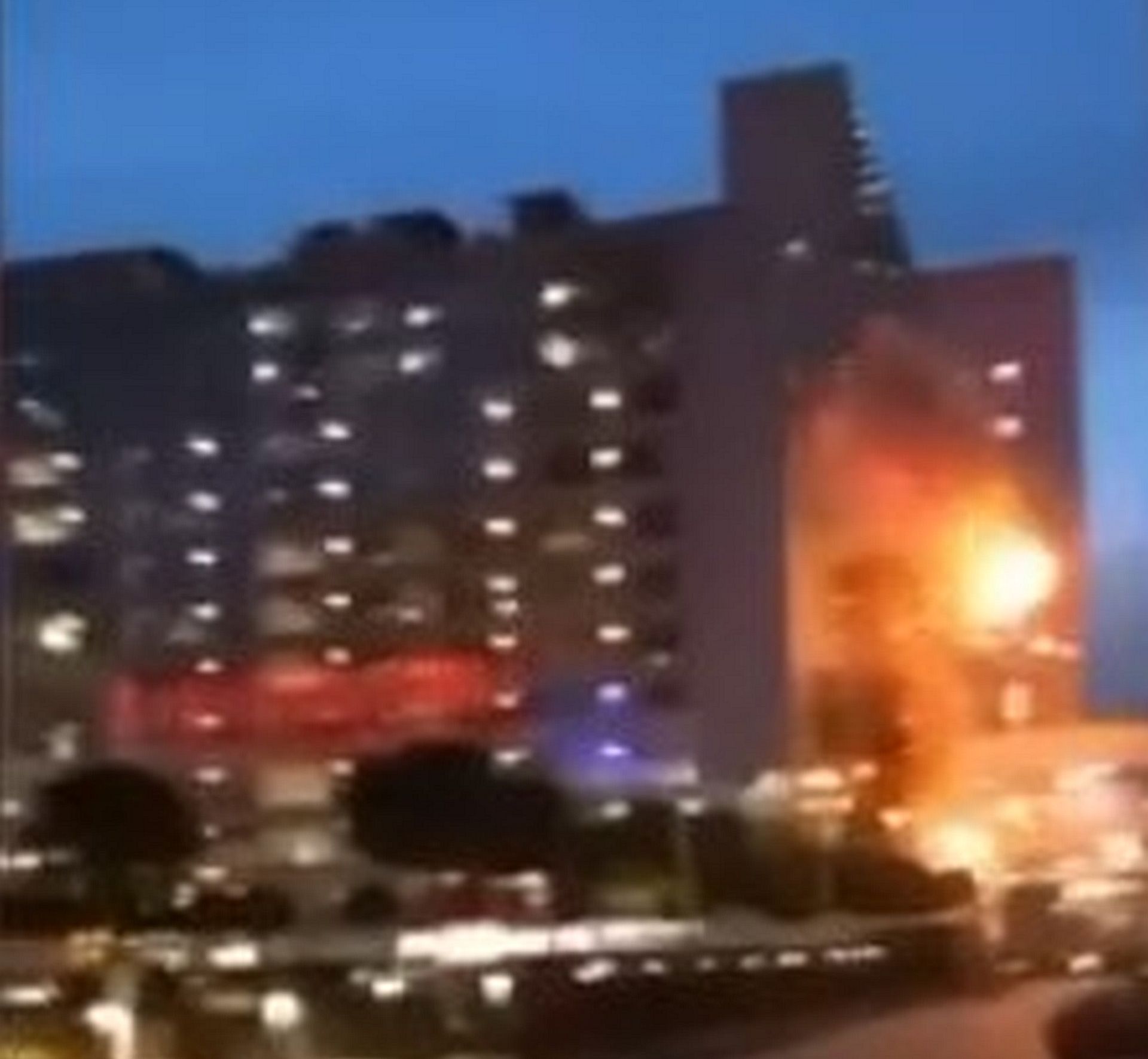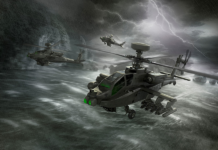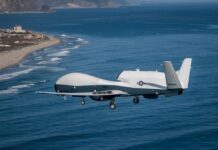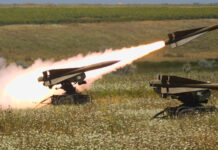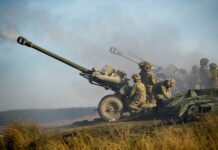In a calibrated shift in strategy by Ukraine, Moscow is increasingly being targeted with ‘kamikaze’ unmanned aerial vehicle (UAV) attacks.
On 30 July 2023, three such UAVs were used. Russian air defences shot down one UAV in Odintsovo, southwest of central Moscow, while two others were apparently jammed and crashed into Moscow’s business district. One of the UAVs hit a high-rise building just over 5 km from the Kremlin that Russia’s Ria-Novosti news agency said housed several Russian government agencies, causing an explosion that damaged the building’s façade and blew out multiple windows in the area.
Russia’s state news agency TASS claimed on 31 July that Kyiv was turning to “terror attacks on civilian infrastructure in Russian cities and settlements”. It cited Moscow mayor Sergey Sobyanin as saying on 30 July that “minor damage [had been] done to two office skyscrapers in Moscow City” but that no one was hurt.
Then, overnight on 31 July/1 August a skyscraper in Moscow’s business district – reportedly the same building hosting Russian government agencies – was again targeted by a UAV.
These were the latest in a series of UAV attacks in Moscow in recent months, including an attack on the Kremlin on 3 May prior to the city’s much-diminished Victory Day Parade on 9 May.
The Ukrainian military has typically not taken responsibility for such attacks, while Ukrainian President Volodymyr Zelensky said as recently as 14 May in Berlin that Ukraine was “not attacking Russian territory”. However, it is unlikely that the UAV attacks on Russia, dozens of which have targeted Russian territory closer to the Ukrainian border, have occurred without the approval – or even at the behest of – Ukrainian intelligence. Moreover, on 30 July, hours after the latest attacks, Zelensky stated in his daily address, “Ukraine is getting stronger, and the war is gradually returning to Russia’s territory, to its symbolic centres and military bases”, adding that this was “inevitable, natural, and absolutely fair”.
While UAV attacks on Moscow are unlikely to cause significant damage to military targets – and could have a detrimental effect in terms of information operations if Russian civilians become casualties – they do limit the narrative that Russian President Vladimir Putin would want to project. Putin cannot, after all, persuade the Russian people that the ‘military operation’ against Ukraine is proving successful when Moscow is under attack for the first time since the winter of 1941.
Peter Felstead



